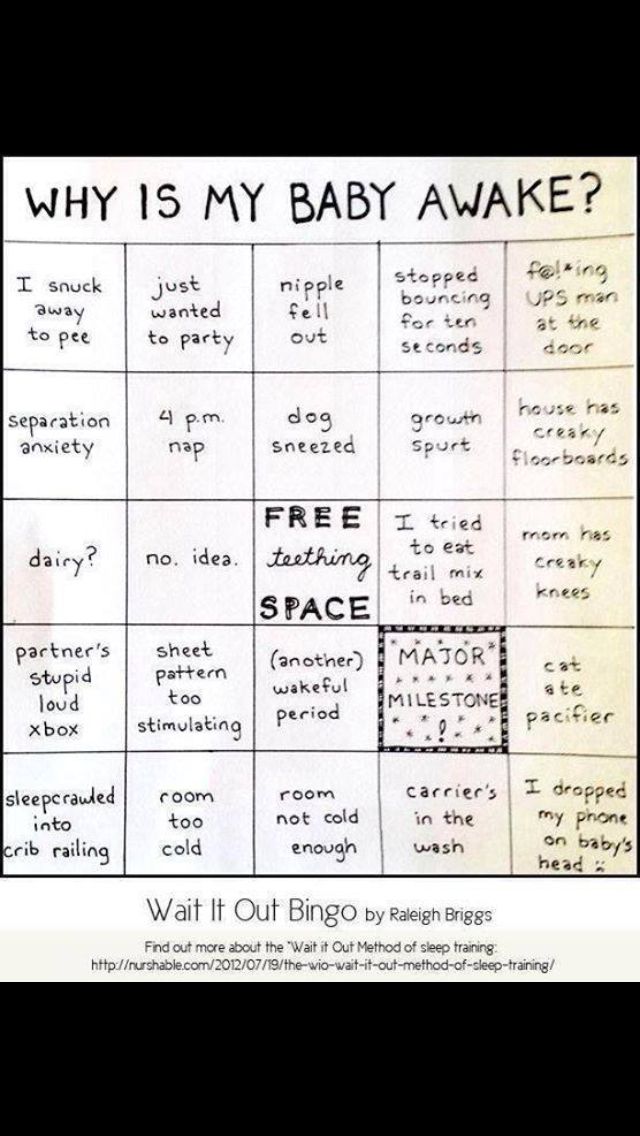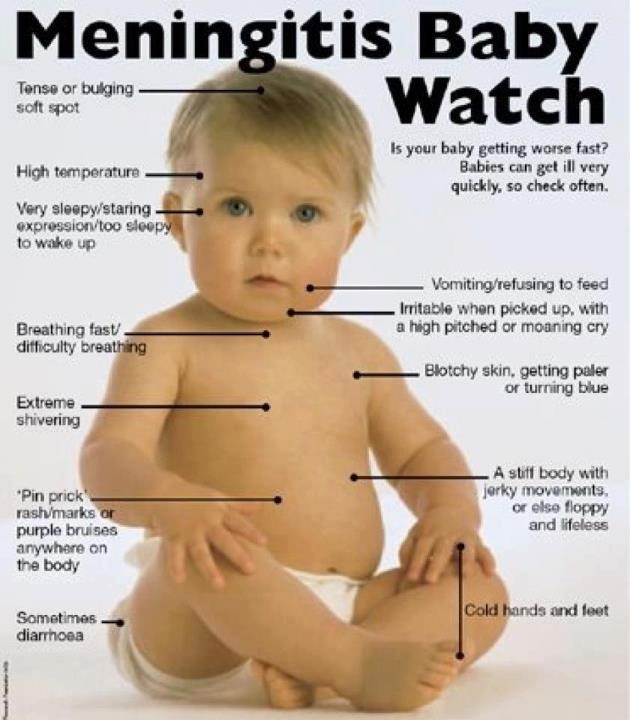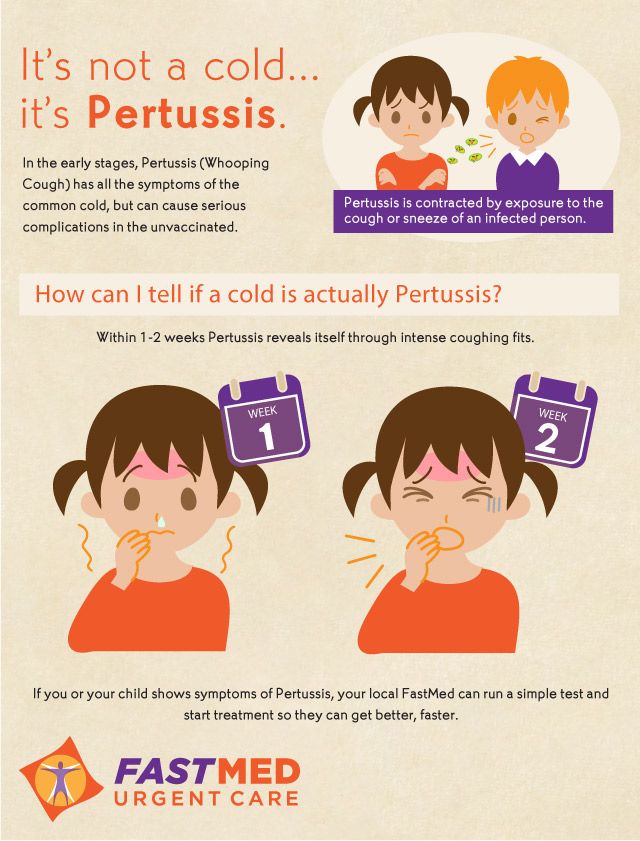How can parents advocate for their child with a disability
How Parents Can Be Advocates for Their Children
By: Coordinated Campaign for Learning Disabilities
Parents are often the best educational advocates for their children, especially children with a learning disability. Discover nine tips to help you be a strong champion for your child.
Know the rules
All public schools abide by specific laws and regulations, which provide special services for children with learning disabilities who qualify for such services. The criteria for eligibility varies from state to state, but all schools must adhere to a minimum federal standard. To find out the laws in your state and your rights as a parent, contact your local school district office, or state Department of Education.
Get to know the people who make decisions about your child's education
Connect with educators and administrators in both casual and formal settings. Talk with your child's teacher on a regular basis. If possible, volunteer in the classroom and help out with school functions. If you have concerns or problems that a teacher can not or will not address, be willing to follow the chain of command through the school, and if necessary, to the district office. Remember that you as a parent have the right to request that the school evaluate your child if you think he or she may have a learning disability. Be sure that your request is in writing.
Keep records
Parents should maintain an organized file of educational records and assessment information. Take notes during telephone and face-to-face meetings, and ask for people's full names and contact information when communicating by phone or by email. In addition, keeping less formal examples of children's academic progress, such as homework papers, artwork, and writings, may be useful in establishing patterns and documenting both abilities and challenges.
Gather information
Read books and articles on learning, attend conferences, and join a parent support group or affiliate organization in your area.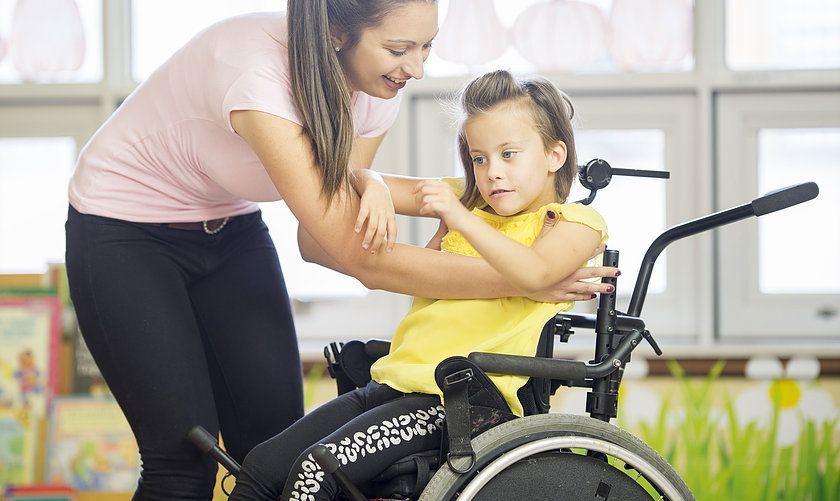 Get comfortable with education acronyms and jargon. Ask professionals lots of questions, and don't be afraid to ask for clarification if their answers are confusing or complicated.
Get comfortable with education acronyms and jargon. Ask professionals lots of questions, and don't be afraid to ask for clarification if their answers are confusing or complicated.
Communicate effectively
Come to meetings prepared, and know the specific outcomes you want. Be clear, calm and direct when speaking and put things in writing whenever possible. Listen, and take time to think about pertinent information. Consider when documentation or data might help your case, and present it in an orderly and readable format. While assertiveness and persistence are crucial, anger and aggressiveness can work against you and can damage important relationships.
Know your child's strengths and interests and share them with educators
By highlighting a struggling child's capabilities and talents, you not only help professionals know your child as a whole person, you can also assist in identifying learning accommodations.
Emphasize solutions
While there are no miracle cures or magic bullets for learning disabilities, it's important to stress the positive, and to help identify ways to improve your child's experience.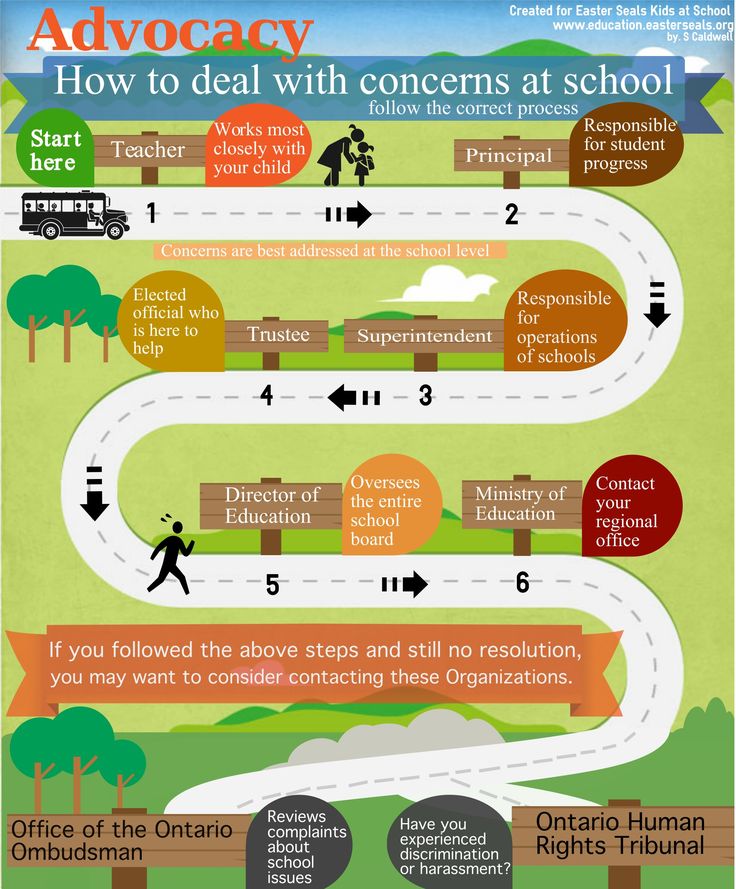 Once appropriate programs have been identified and agreed upon, make every effort to encourage follow-through.
Once appropriate programs have been identified and agreed upon, make every effort to encourage follow-through.
Focus on the big picture
Simply put, don't sweat the small stuff. Knowing the specifics of a law may be important on one level, but constantly arguing technicalities can ultimately waste time and inhibit rapport. Try not to take things personally, and always consider both sides of the story. Details are important, but don't let them get in the way of negotiating the best educational experience for your child.
Involve your child in decision making as early as you can
Learning disabilities are a lifelong issue. Mastering self-advocacy skills is one of the keys to becoming a successful adult. Resist the natural urge to pave every road for your child, and respect and support your child's need to take informed academic risks.
Reprinted with permission from the Coordinated Campaign for Learning Disabilities (CCLD), a collaboration of leading U.S. nonprofit learning disabilities organizations.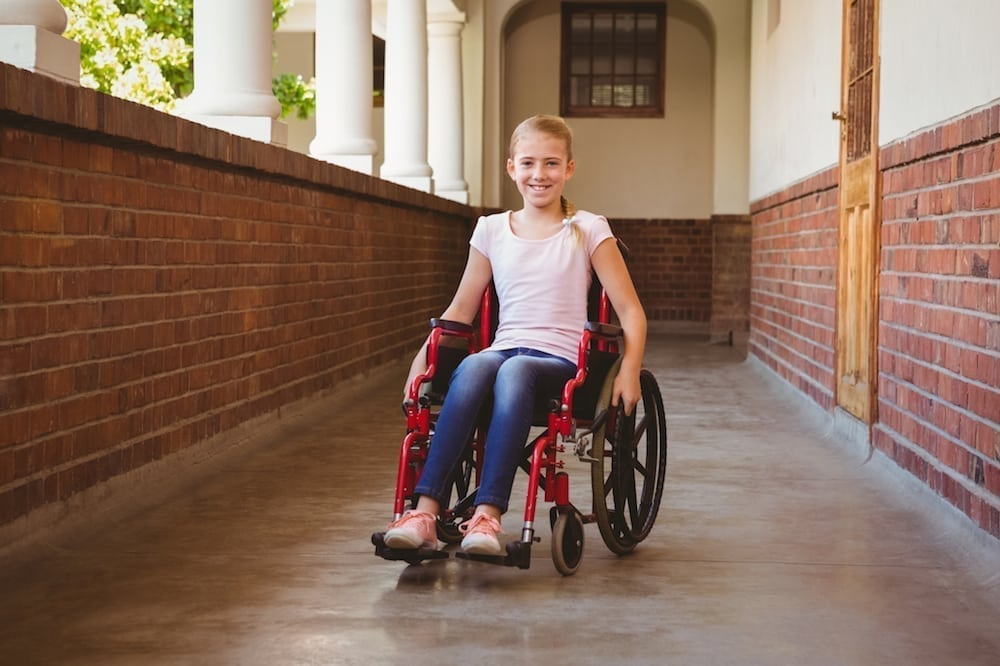 All rights reserved.
All rights reserved.
Reprints
You are welcome to print copies for non-commercial use, or a limited number for educational purposes, as long as credit is given to Reading Rockets and the author(s). For commercial use, please contact the author or publisher listed.
Related Topics
Advocacy
Dyslexia
Intervention and Prevention
Learning Disabilities
Parent Engagement
Special Education
Struggling Readers
New and Popular
Print-to-Speech and Speech-to-Print: Mapping Early Literacy
100 Children’s Authors and Illustrators Everyone Should Know
A New Model for Teaching High-Frequency Words
7 Great Ways to Encourage Your Child's Writing
Screening, Diagnosing, and Progress Monitoring for Fluency: The Details
Phonemic Activities for the Preschool or Elementary Classroom
Our Literacy Blogs
Shared Reading in the Structured Literacy Era
Kids and educational media
Meet Ali Kamanda and Jorge Redmond, authors of Black Boy, Black Boy: Celebrating the Power of You
Get Widget |
Subscribe
Advocating for Your Child – Parenting Special Needs Magazine
Advocating for Your Child
Good special education services are intensive and expensive.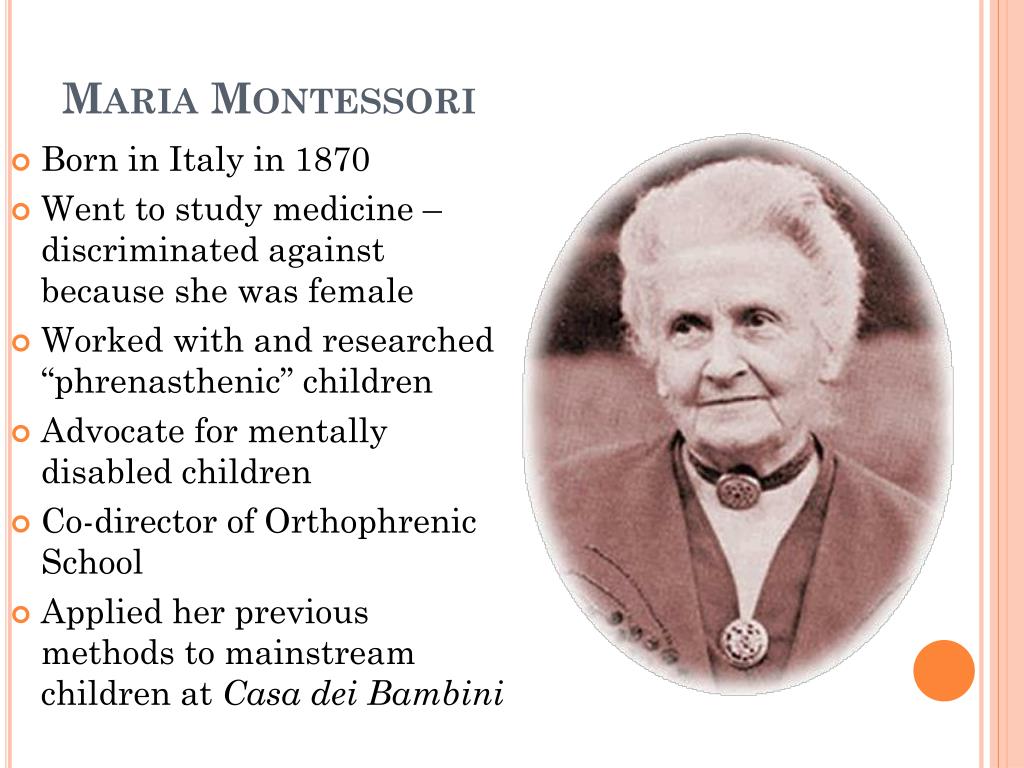 Resources are limited. If you have a child with special needs, you may wind up battling the school district for the services your child needs. To prevail, you need information, skills, and tools.
Resources are limited. If you have a child with special needs, you may wind up battling the school district for the services your child needs. To prevail, you need information, skills, and tools.
Related: A Review…What Is Special Education
Who can be an advocate?
Anyone can advocate for another person. Here is how the dictionary defines the term “advocate“:
ad-vo-cate – Verb, transitive. To speak, plead or argue in favor of. Synonym is support.
- One that argues for a cause; a supporter or defender; an advocate of civil rights.
- One that pleads in another’s behalf; an intercessor; advocates for abused children and spouses.
- A lawyer. (The American Heritage Dictionary of the English Language, Third Edition)
An advocate performs several functions:
- Supports, helps, assists, and aids
- Speaks and pleads on behalf of others
- Defends and argues for people or causes
Related: 8 Ways to be a Great Advocate For Your Family Member With Special Needs
Different Types of Advocates
Special education advocates work to improve the lives of children with disabilities and their families. You are likely to meet different types of advocates.
You are likely to meet different types of advocates.
Lay Advocates
Lay advocates use specialized knowledge and expertise to help parents resolve problems with schools. When lay advocates attend meetings, write letters, and negotiate for services, they are acting on the child’s behalf. Most lay advocates are knowledgeable about legal rights and responsibilities. In some states, lay advocates represent parents in special education due process hearings.
Educational Advocates
Educational advocates evaluate children with disabilities and make recommendations about services, supports and special education programs. When educational advocates go to eligibility and IEP meetings, they are acting on the child’s behalf. Some educational advocates negotiate for services. Others are less knowledgeable about special education law and how to use tactics and strategies.
School Personnel
Teachers and special education providers often see themselves as advocates. Teachers, administrators, and school staff often provide support to children and their families. But because they are employed by school districts, school personnel are limited in their ability to advocate for children with disabilities without endangering their jobs.
Teachers, administrators, and school staff often provide support to children and their families. But because they are employed by school districts, school personnel are limited in their ability to advocate for children with disabilities without endangering their jobs.
Related: IEP … I Do’s Building a Viable Home-School Relationship -It’s like a Marriage
Parents
Parents are natural advocates for their children.
Who is your child’s first teacher? You are. Who is your child’s most important role model? You are. Who is responsible for your child’s welfare? You are. Who has your child’s best interests at heart? You do.
Related: Empowering Your Child’s Best Advocate: You
You know your child better than anyone else. The school is involved with your child for a few years. You are involved with your child for life. You should play an active role in planning your child’s education.
The law gives you the power to make educational decisions for your child.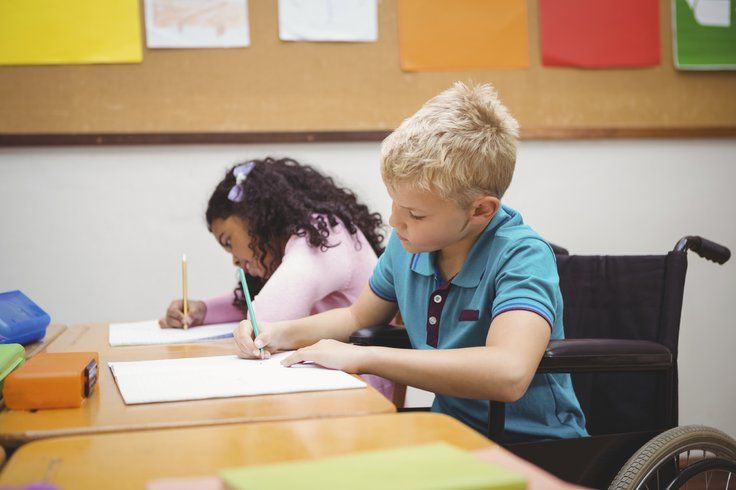 Do not be afraid to use your power. Use it wisely. A good education is the most important gift you can give to your child.
Do not be afraid to use your power. Use it wisely. A good education is the most important gift you can give to your child.
As the parent of a child with a disability, you have two goals:
- To ensure that the school provides your child with a “free appropriate public education” that includes “specially designed instruction . . . to meet the [child’s] unique needs . . .” (20 U.S.C. §1401)
- To build a healthy working relationship with the school.
What Advocates Do
Advocacy is not a mysterious process. Here is a quick overview of advocacy skills.
Gather Information
Advocates gather facts and information. As they gather information and organize documents, they learn about the child’s disability and educational history. Advocates use facts and independent documentation to resolve disagreements and disputes with the school.
Related: Organizing Your Child’s Special Education File: Do It Right
Learn the Rules of the Game
Advocates educate themselves about their local school district. They know how decisions are made and by whom.
They know how decisions are made and by whom.
Advocates know about legal rights. They know that a child with a disability is entitled to an “appropriate” education, not the “best” education, nor an education that “maximizes the child’s potential.” They understand that “best” is a four-letter word that cannot be used by parents or advocates.
Related: The Politics of Special Education: The Information You Need Right Now
Advocates know the procedures that parents must follow to protect their rights and the child’s rights.
Plan and Prepare
Advocates know that planning prevents problems. Advocates do not expect school personnel to tell them about rights and responsibilities. Advocates read special education laws, regulations, and cases to get answers to their questions.
Advocates learn how to use test scores to monitor a child’s progress in special education. They prepare for meetings, create agendas, write objectives, and use meeting worksheets and follow-up letters to clarify problems and nail down agreements.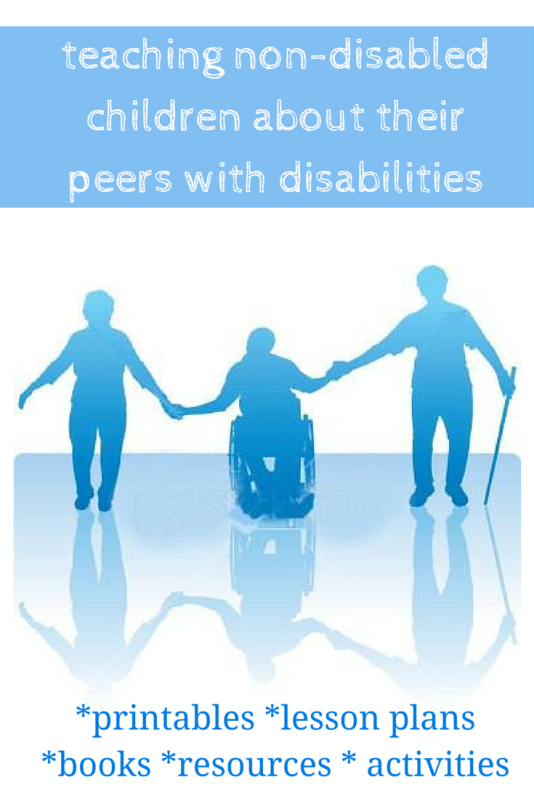
Keep Written Records
Because documents are often the keys to success, advocates keep written records. They know that if a statement is not written down, it was not said. They make requests in writing and write polite follow-up letters to document events, discussions, and meetings.
Related: Drowning in Paperwork? Here’s What Helps Us
Ask Questions, Listen to Answers
Advocates are not afraid to ask questions. When they ask questions, they listen carefully to answers. Advocates know how to use “Who, What, Why, Where, When, How, and Explain Questions” (5 Ws + H + E) to discover the true reasons for positions.
Identify Problems
Advocates learn to define and describe problems from all angles. They use their knowledge of interests, fears, and positions to develop strategies. Advocates are problem solvers. They do not waste valuable time and energy looking for people to blame.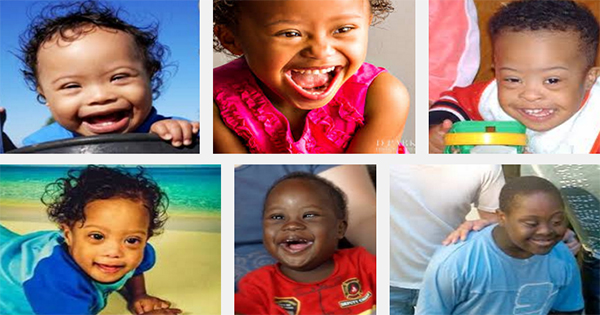
Propose Solutions
Advocates know that parents negotiate with schools for special education services. As negotiators, advocates discuss issues and make offers or proposals. They seek “win-win” solutions that will satisfy the interests of parents and schools.
Your Assignment
Plan for the Future
What are your long-term goals for your child? What do you envision for your child in the future? If you are like most parents, you are focused on the present. You haven’t given much thought to the future.
Do you expect your child to be an independent, self-sufficient member of the community? Although some children with disabilities will require assistance as adults, most will grow up to be adults who hold jobs, get married, and live independently.
If you have a vision about what you want for your child in the future, you are more likely to achieve your goals.
If you believe others will make long-term plans for your child and provide your child with the necessary skills to be an independent, self-sufficient member of society, you are likely to be disappointed.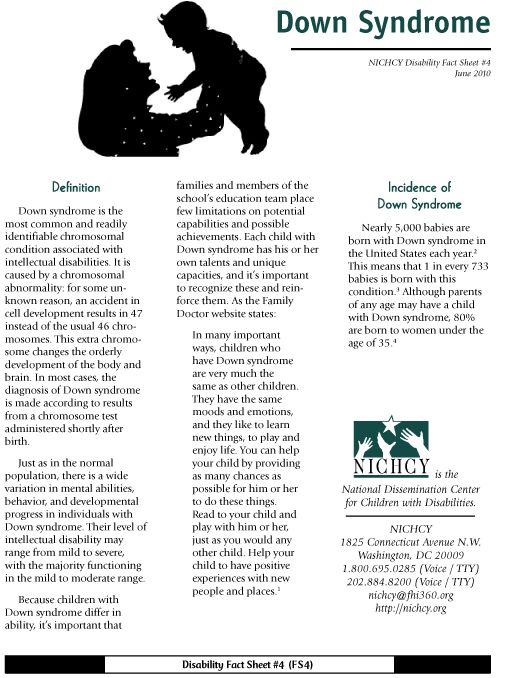
Answer Questions
What do you want for your child? What are your goals for your child’s future? Do you have a master plan for your child’s education?
Read: Baby Steps Tips for Encouraging Your Child Toward Independence
If you want your child to grow up to be an independent adult, what does your child need to learn before he or she leaves the public school system?
What do you want?
Develop a Master Plan
If you are like many parents, you don’t have a master plan. You don’t know where you are, where you need to go, or how to get there. Do not expect school personnel to make long-term plans for your child — this is your responsibility.
Read: Plan Early for Your Child’s Long-Term Security
Begin by thinking about your vision for your child’s future. What are your long-term goals for your child? What will your child need to learn? What services and supports will your child need to meet these goals?
Are you ready to advocate? Here is a list of supplies that will help you get started:
- Two 3-ring notebooks (one for your child’s file; one for information about your child’s disability and educational information)
- 3-hole punch
- Highlighters
- Package of sticky notes
- #10 Envelopes
- Stamps
- Calendar
- Journal
- Contact log
- Small tape or digital recorder
In this article, you learned about lay advocates and educational advocates, and about limitations on teachers and special education staff in their ability to advocate. You learned that parents are natural advocates for their children.
You learned that parents are natural advocates for their children.
You learned about basic advocacy skills—gathering and organizing information, planning and preparing, documenting, problem solving, and negotiating. You have a list of supplies to help you advocate.
You learned that you must plan for your child’s future. A plan is like a roadmap. When you have a plan, you know where you are, where you need to go, and how to know when you arrive.
The Parent’s Journey From Emotions to Advocacy
On your journey from emotions to advocacy, you will learn about your child’s disability, educational and remedial techniques, educational progress, Individualized Education Programs (IEPs), and how to artfully advocate.
You will learn how to present your concerns and problems in writing, prepare for meetings, and search for win-win solutions. You will learn how to use your emotions as a source of energy and power, and how to focus on getting an appropriate education for your child.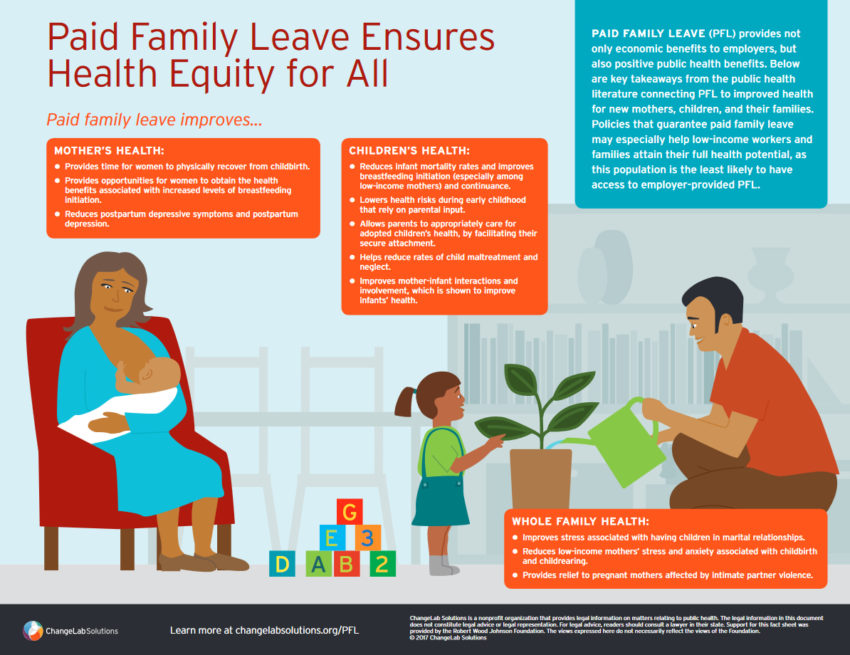
This article is based on a chapter from Wrightslaw: From Emotions to Advocacy: The Special Education Survival Guide by Pamela Wright and Peter Wright.
Helpful Articles
- Early Intervention: First Steps in the Right Direction
- 8 Ways to be a Great Advocate For Your Family Member With Special Needs
- Advocating: What You Need to Know to Become a Better Advocate
- The Politics of Special Education: The Information You Need Right Now
- Whether it’s Your First IEP or You’re a Pro: 10 things to Cover at the Meeting
- Requests Prior to IEP Meetings: Eval Reports and Draft IEPs
- Where Do I Go for Evaluations
- Eligibility How Is It Determined?
- When Conflict Arises What Steps Can You Take?
- The Mama Bear Strategy: How to Hide Your Claws and Get What You Want!
- 5 Steps to Improving Communication With the Special Education Team
- Developing Your Own Network
- IEP Meeting Overwhelm? How to Avoid It!
- Drowning in Paperwork? Here’s What Helps Us
- Organizing Your Child’s Special Education File: Do It Right
You May Also like
- “Instruction Manual” for Your Child With Special Needs
- Financial Planning: For Those Who Are at the Starting Line
- Can I Get Help with My Child’s Behavior?
- Being United, Pampering, and Taking Care of Ourselves
- Balancing the Care of Siblings with Different Needs
- Do You Suffer From Decision Fatigue? Here Are Ways to Combat It…
- Raising a Child With Special Needs: Want to Know What Is Predictable?
- Budget – Friendly Holiday Gift Ideas for Teachers and Therapists
"A parent of a disabled child should not be a hero"
Evgeny Glagolev with Sashenka. Photo from mioby.ru
Photo from mioby.ru Why do they scream
– In our society, parents of disabled children are sometimes nervously reacted to: they are not quite adequate, who will certainly demand, scream and be offended. Why is this happening?
– Families, of course, are all different, and so are families with disabled children. But in general, this is true, because it is very difficult to be adequate in Russia, having a disabled child. nine0009
Unfortunately, the opinion: “They gave birth, and now they are begging for benefits!” - It's very common here. According to polls that were conducted after one of our public figures said that all children with disabilities are born as a result of drunken conception, a third of the population is of the same opinion. And it is difficult not to be aggressive in such conditions.
Plus constant fatigue when you exist in eternal stress. And at the same time, in order to get what you are supposed to by law, you must put in a lot of effort. For example, we managed to get all the medicines and consumables Sasha needed only four years later. It turns out not life, but a race for survival. nine0009
For example, we managed to get all the medicines and consumables Sasha needed only four years later. It turns out not life, but a race for survival. nine0009
The condition of the parents also depends on how long you live with a disabled child: a year and three years, there is a big difference. And there are people who live with such a child for ten or twenty years. And at some point you start to live on the machine, and some things annoy you very much, constantly getting into pain points.
For example, you are walking your baby with tubes or feeding him through a tube on the street or in a shopping center, and people are watching and whispering. This is very annoying. I know some parents are very aggressive about this kind of attention. No one likes to be pointed at, condemned and discussed. nine0009
Heroes involuntarily Evgeny Glagolev. Photo courtesy of facebook.com
– Will the parents of disabled children feel better immediately if we remove the external barriers?
– If we remove all external barriers (unavailability of medicines, lack of an accessible environment, negative attitude of society), no one will be able to say: “The state does not help me”.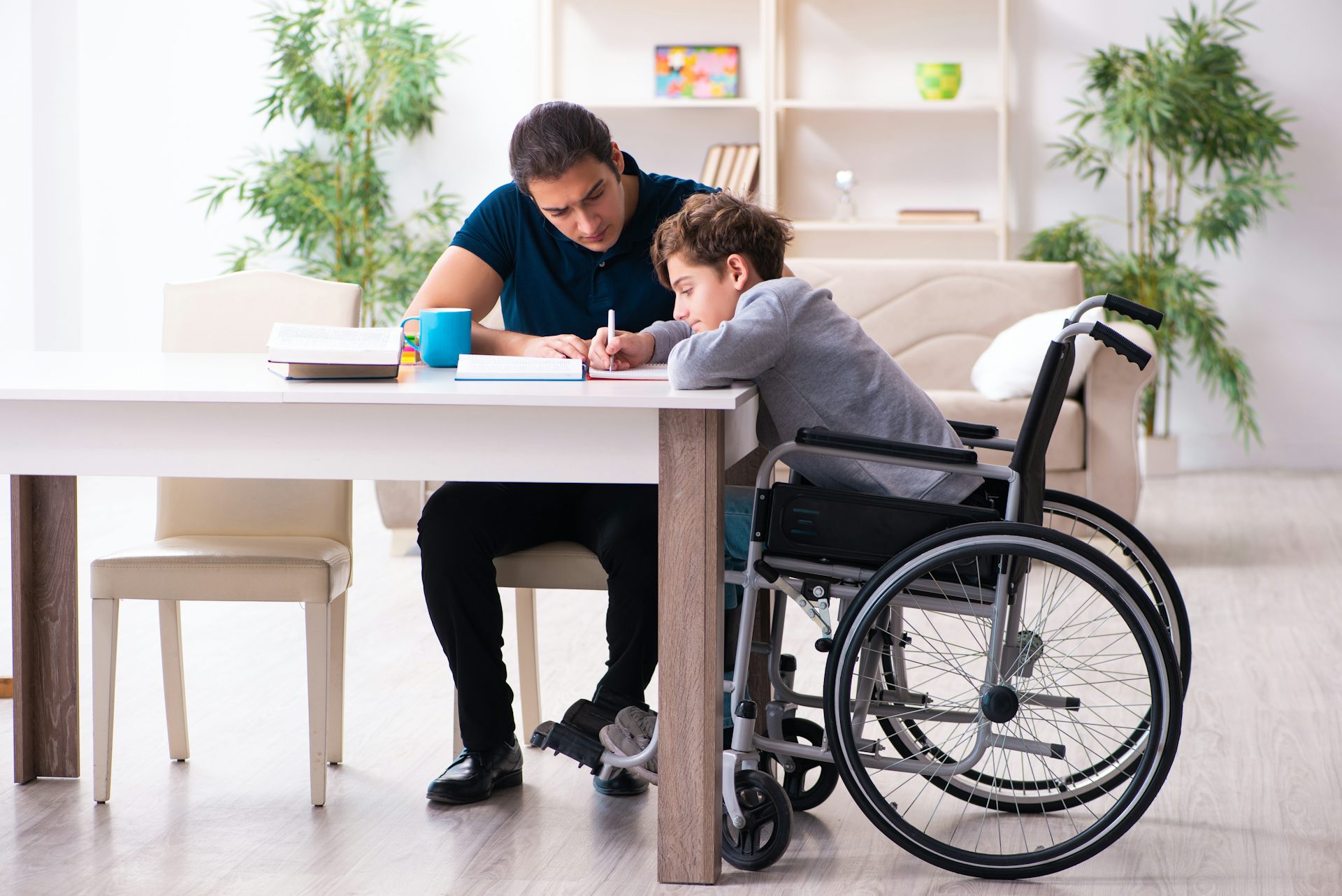 And as soon as we remove them, we will be able to get to the bottom of the problem - what is inside a person, and try to work with it. Because those stages of grief that are usually described in textbooks - denial-aggression-bargaining-depression-acceptance - the situation of a parent with his own sick child is not limited. nine0009
And as soon as we remove them, we will be able to get to the bottom of the problem - what is inside a person, and try to work with it. Because those stages of grief that are usually described in textbooks - denial-aggression-bargaining-depression-acceptance - the situation of a parent with his own sick child is not limited. nine0009
For example, our family is under the care of the children's hospice "House with a Lighthouse". Hospice does a lot to remove external difficulties and help solve our psychological problems. But in other places, parents do not have such an opportunity, and the attempts that the state is making are miserable. In Moscow, parents of disabled children can get a free consultation with a psychologist, but we have a lot of internal obstacles for this, and there is no systematic work with families in this direction.
Therefore, I am sure that if you do not feed the hungry, it is useless to talk about the soul with him. And if a person is tormented by the fact that his child does not have the necessary medicines, or they point the finger at him on the street, he simply will not get to the bottom of everything else - there is no resource.
Today, the parent of a child with a disability automatically becomes a hero. A sort of superman who sues the state, speaks in the press, organizes parent groups and charitable foundations, sets an example. It is not normal. There should be no heroic, there should be ordinary life. nine0009
A parent of a disabled child should not be a hero, because other parents in the same situation begin to feel worthless against his background. They can't smile for the camera when their child is sick, they can't help but think about tomorrow or when they're gone. The fact that there is nothing to eat, nothing to buy a special stroller.
There should be a different media coverage of the problem of children with disabilities - as a depiction of ordinary life.
And psychological support should be different - not from top to bottom, and not "in theory". Because when we present it as "psychology", it already causes tension. Another thing is support groups led by someone experienced from among the same parents.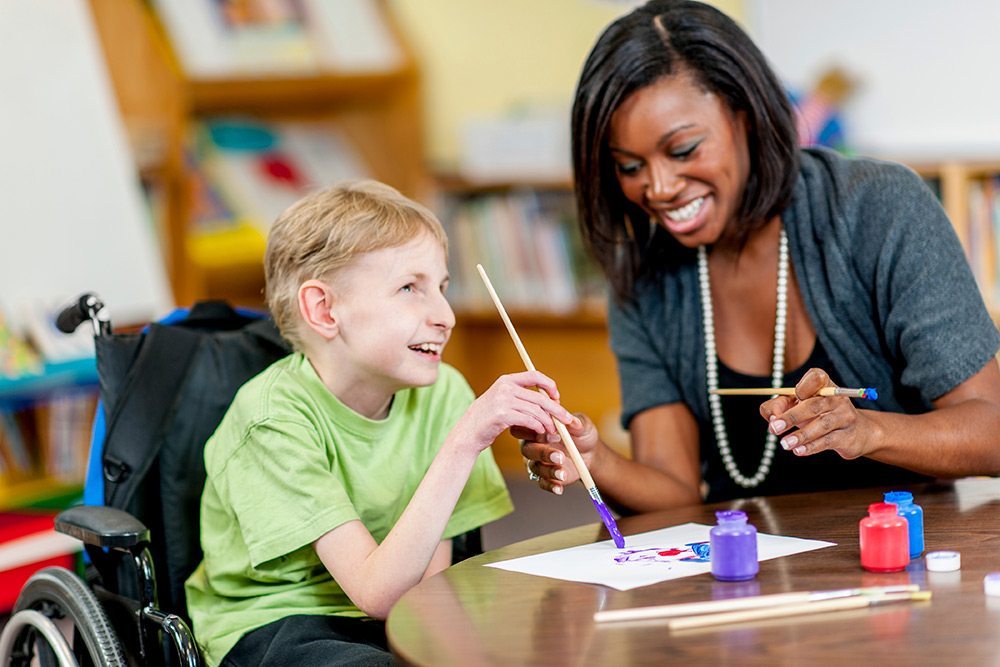 nine0009
nine0009
We have schools for foster parents - there should be schools for parents of children with disabilities.
Speaking: how to care for a child, how to overcome difficult conditions, solve pressing problems.
And when a disabled child is born, parents should not be told: “That's it, turn him in!” They need to immediately inform the algorithm of actions: “there is such an organization. There they will teach you everything and will accompany you.” Then there will be fewer refusals, it will be easier for parents, and they will become inadequate less often. nine0009
Only after the family of a disabled child solves medical problems does it begin to solve psychological ones.
Parents self-organize into patient communities (now there are only the most active ones). And we need to convince the parents of sick children to join support groups, because now they often think “my child is not disabled” and “I will not communicate with disabled people.” This comes from the fact that "disabled" in the mass consciousness is a stigma, "it's bad and shameful.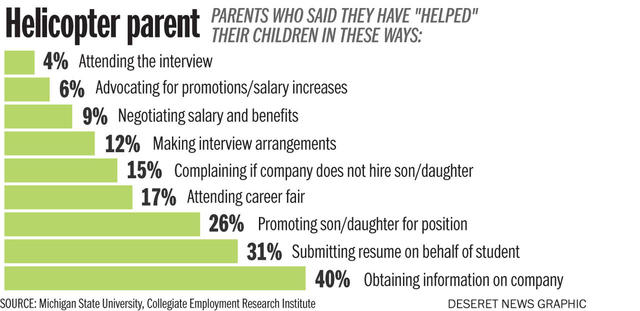 "
"
Pink help = wolf ticket? Photo courtesy of adoptuskids.org
- So people are ready to leave their child without help, just not to join the community of parents of children with disabilities?
– Parents are trying so hard to protect themselves and their child from the negative. stage of denial. And it takes time to get over it and move on.
Our family also went through the process of accepting Sasha's disability gradually. When they give you this pink certificate, your thoughts ...
When Sasha was diagnosed, I didn't know what to do at all. And my first thought was suicide.
That is, you find yourself in a situation where you don't know what to do at all. And do not think that there are those who have already gone through all this and are ready to help.
Now the word "disabled person" in connection with Sasha does not evoke emotions in me, it is a simple statement of her condition. But it took me a year and a half to accept the situation, even with psychological help.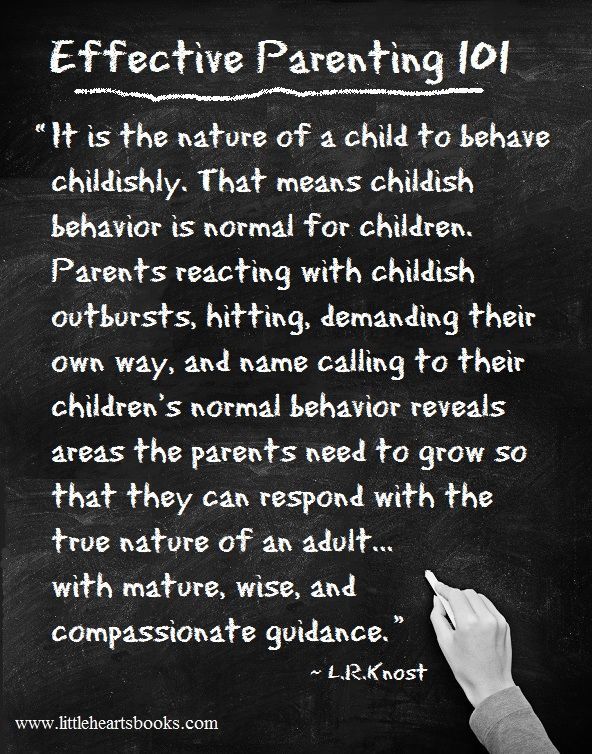
– But if the pink certificate is perceived as a “wolf ticket”, what motivates people to go to the school of parents of children with disabilities? nine0004
– Most people, when a child with a disability is born, still understand that they know nothing and cannot do anything. They cannot imagine life with such a child, which is why they refuse children. And here it is important to say, to show - here, there are people who have gone through this and coped, and are ready to share their life like this: experience, advice, help. And then the story works with the transfer of information from one to another. I myself, seeing what others were doing, slowly began to do something. nine0009
About bowling and taking care of yourself Photo from adoptuskids.org
– There is a lot of talk these days that even the best specialists in the world do not rehabilitate a child without the direct involvement of the parents themselves. What is meant?
What is meant?
– In terms of the effectiveness of rehabilitation, an obligatory point is the involvement of the parents themselves. If the parent does not turn on, it is better not to start anything. For example, if a parent does not do the exercises that he needs with his child at home, the money will be wasted. nine0009
Sometimes it is much easier for a mother to look for money so that her child stays in a treatment center all year round than to take care of her at home. Perhaps she does not believe in herself, perhaps she thinks it would be better if specialists were doing this. But she is wrong.
It is difficult for me to judge such parents, because, as a rule, no one works with their problems. I used to be like that myself, until I went to counseling classes.
I went to the "papal group" - a special group "Houses with a Lighthouse", they are separate there, for dads and moms - and got a lot of strength and resources. nine0009
But being inside a situation, it is very difficult to pull yourself out.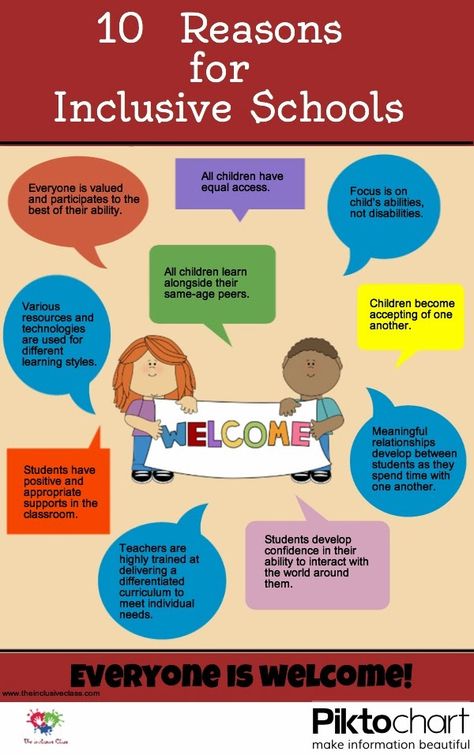 It's much easier to just feel sorry for yourself. And in most cases, parents simply do not know where to get the resources.
It's much easier to just feel sorry for yourself. And in most cases, parents simply do not know where to get the resources.
– What did you see that was so saving in this “papal group”?
- I didn't go there for a long time, because leaving home means leaving your spouse with a child. I was busy at work all the days and tried to replace it at least on weekends. And leaving the house on the weekend is three to four hours of time. And if bowling is declared in the schedule of a support group for dads, it means that this is some kind of entertainment: “I have a disabled child at home, and I am having fun.” nine0009
And even if the announcement of the meeting says “psychological group”, you start thinking: “they will pull something out of me, I will have to say something”. In general, a lot of barriers.
But then my wife herself sent me to these meetings. Because if I come from them charged, it means that there are more of me, I spend several days on the positive and I can support others.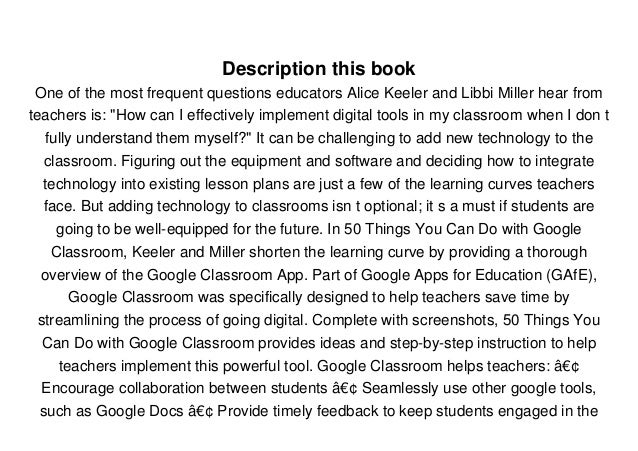
That is, in fact, you go to such an activity for a resource.
And you also go to a psychological conversation for a resource, even if it seems to you that you know everything about your situation. Because, listening to other people, you can ask yourself those questions that you have no time to ask in ordinary life. You have time to think, to go beyond the usual cycle. nine0009
– But in order to think and change, you also need strength. And they often don't. And many parents of disabled children live according to ready-made scenarios.
- I think a very big problem is that we do not know how to love ourselves. For myself, I also discovered this idea not immediately.
And if I don't love myself, I'm gone, and I can't give anything to my wife or to those around me.
I also seem to live, I seem to be doing heroic deeds. Everyone says to me: "Zhenya, you're done!" I went to work in an NGO and I'm ready to tear my shirt on my chest while playing this role.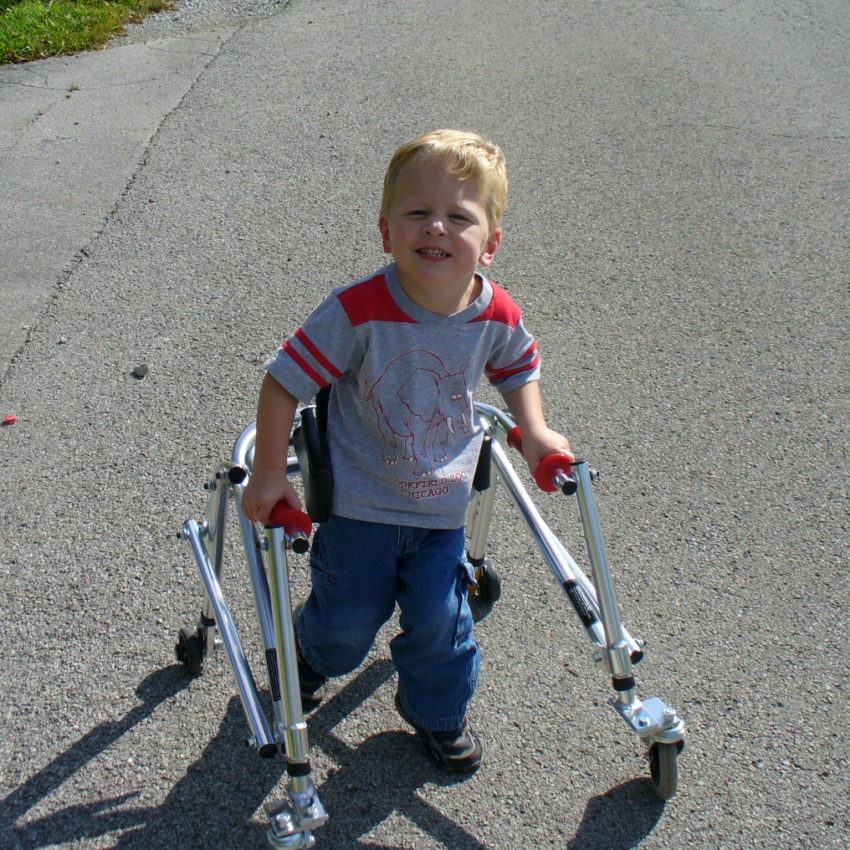 nine0009
nine0009
And then I realized that this is a role, and not my real state, that I'm not real, I'm trying to fit in with something. And going to a psychological group is a manifestation of self-love. Because if once a week for the duration of the lesson I don’t love myself, I won’t be able to give anything to anyone.
– For many of our people, “self-love” is selfishness. What does it mean to "love yourself"?
- Treat yourself, buy yourself sweets, take yourself to the movies, to the park, for a run, be alone for a while. nine0009
But I understood this only after the support from other people, material support and psychological help from the hospice. And at some point, I also began to fall into the idea that self-love is selfishness. But this is not the case, and we need to talk about it.
Taking time for yourself and not playing the role of a hero is not selfish. Life with a disabled child should be accepted as just life. Because if you play the role of a hero all the time, at some point your life becomes like a "trench war" - when there are no hostilities, but everyone is sitting in the trenches and poisoning each other with gases.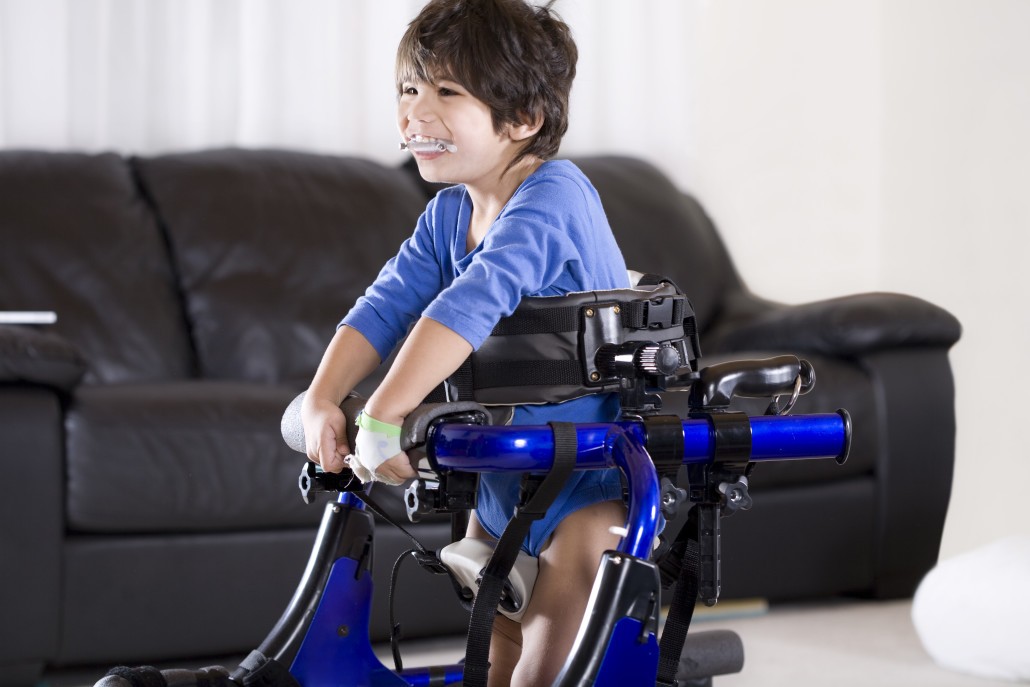 I just want to get out of this war. nine0009
I just want to get out of this war. nine0009
Get out of the position of a victim Photo: facebook.com
- But it happens that a parent of a disabled child behaves not just not like a hero, but like a dependent, declares: "I am in grief, everyone owes me." Then what to do?
- From my own experience, it is very easy to fall into your grief.
And it happens that a person, grieving, stops doing something, just sits down and says: “But now everyone owes me – those around me, philanthropists, the state.” And he believes that others are to blame for his situation, he enters the position of the victim. nine0009
Sometimes such people turn to charitable foundations, and then it turns out that the amounts they are asking for fit well into their family income, that is, they could buy the necessary things themselves. In some cases, if the situation is not critical, the fund says: “We gave you equipment or diapers, but now we won’t give you, but we can advise on how to get them from the state.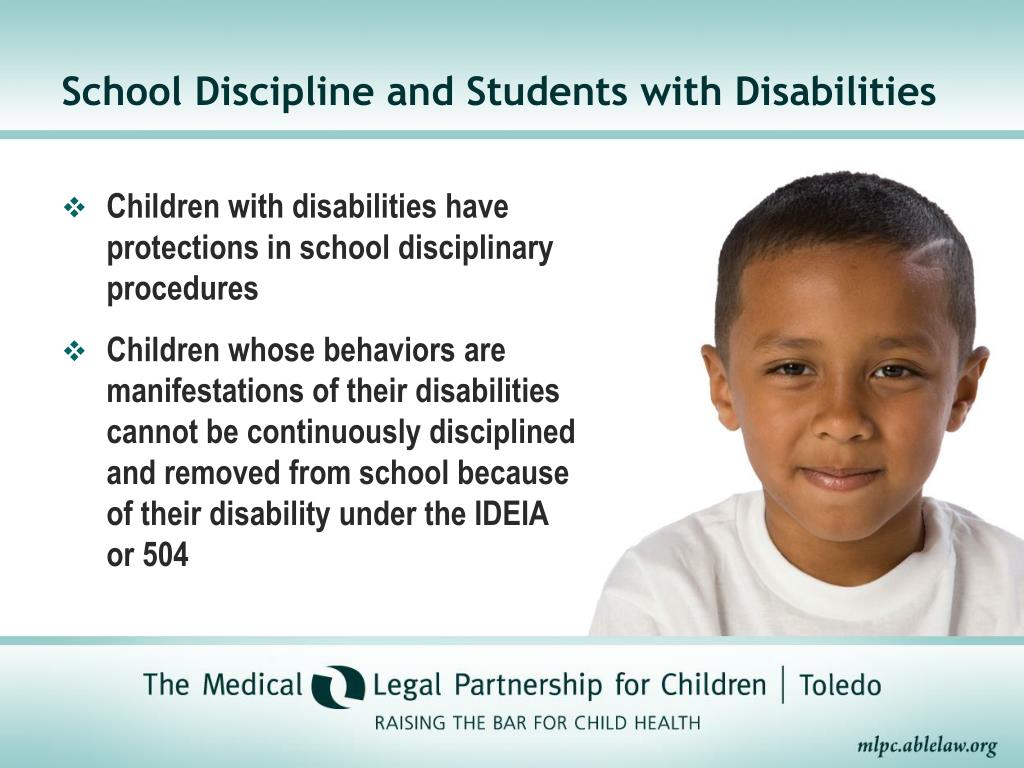 ” And then everything becomes clear: either a person goes and does something, or, not wanting to do anything, runs to another place for help. nine0009
” And then everything becomes clear: either a person goes and does something, or, not wanting to do anything, runs to another place for help. nine0009
But, as a rule, the true state of the family is not revealed immediately, which is why I am in favor of permanent charitable assistance, and not one-time. It is difficult to get out of grief and from the state of the victim, especially since only a few of us go to psychological groups from parents. I don’t have a single recipe for how to get out of this state.
I remember we talked with one mega-positive mother of a disabled child, she said that it took her five or six years to get out of the crisis.
And it happens that even if the palliative child has died, the parents still do not get out of the crisis for a long time, experiencing grief with all sorts of neuroses. nine0009
At one time my wife and I were greatly supported by the fact that the priest ordered to read the akathist, just constantly, many times. I stopped reading it only when I felt that the internal storm had passed, but then it was necessary to slowly rake up its consequences.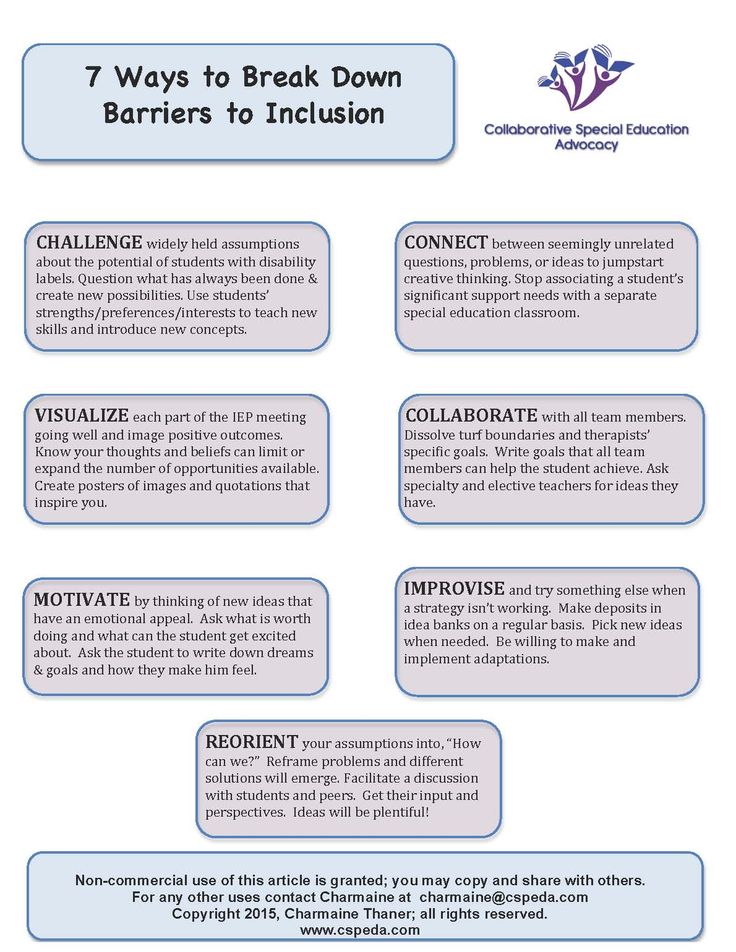 And you start looking and groping for what can help you.
And you start looking and groping for what can help you.
In psychology, for example, the advice to look for the good everywhere helped me.
At first I had a period when I ate a lot - because food was the only consolation. And then I realized that you can still see the beautiful, hear the beautiful. nine0009
That is, you just have to go and try what will help you, bring you to your senses, try one after the other and not stop. In general, I have a feeling that the Lord does not give anyone beyond strength. And that everything that happens is not at all about me and not for me - for example, when I see how, looking at Sasha, the eldest son and those around me change. Sometimes I just freeze in the position of the observer and look.
Society must be educated http://www.independent.co.uk/news/uk/home-news/upsee-harness-mothers-invention-to-give-disabled-son-chance-to-walk- will-help-countless-other-9213997.html
– And what about a society that suddenly sees the mother of a disabled child in a beauty salon? And it is used to heroism.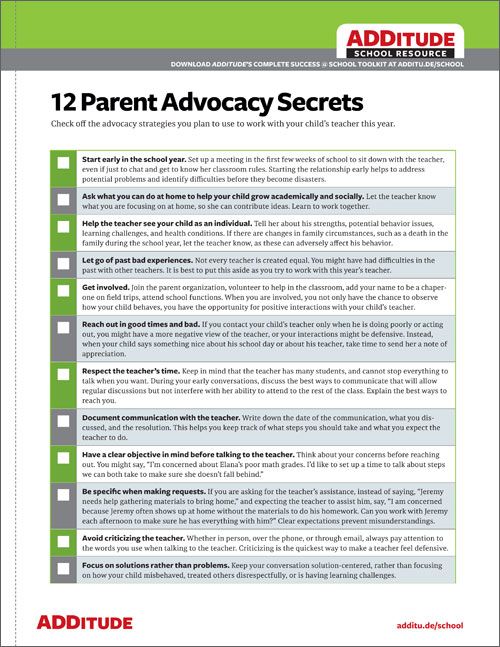
– Society needs to grow. And in order for a society to grow, it must be educated. And if we do not have real disabled people who are included in the life of society, no one will learn not to point the finger or help in such a way that it would not be a shame to accept help.
In my opinion, it is necessary to start with inclusive groups in kindergartens, because children learn very well to communicate with other children, even if they cannot speak. nine0009
But inclusion is not a one-way street. To create true inclusion, both parents and educators and teachers must have the opportunity, strength and desire to involve children with disabilities in common activities. Now the system is built in such a way that there is not enough staff, that the main goal, for example, of a school, is to pass the Unified State Examination, and any child who needs an individual approach will automatically fail the entire system ... And therefore no one is happy about this. And until this system changes, nothing will happen.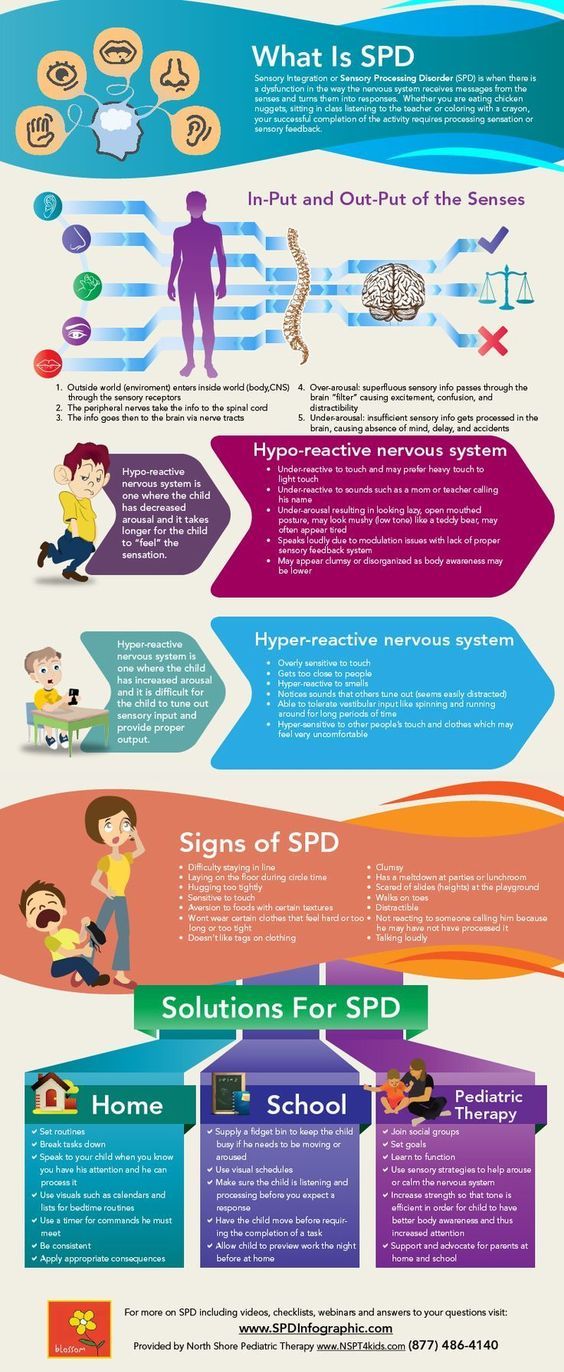
"Accept and live life to the fullest": advice to parents of children with disabilities
A child with a disability was born in the family. The familiar world for parents turns over, becomes different. People who have never encountered such a problem before sometimes do not know who to turn to, where to go, they lose precious time. Chairman of the Public Council for Young Disabled Persons 18+ under the Department of Labor and Social Protection of the Population of the City of Moscow, expert of the Board of Trustees in the social sphere under the Government of the Russian Federation and Chairman of the Council of the Moscow City Association of Parents of Disabled Children (MGARDI) Yulia Igorevna Kamal answers the most important questions about what the first steps of parents should be in order not to miss the opportunity to rehabilitate their child. nine0004
nine0004
— A child with a disability was born in the family. This is a lot of stress, both physical and psychological. What should a family do so as not to miss the time and opportunity for recovery? Where to go for help first?
- The fact is that it is extremely rare for disability to be established in the first year of life. And here, first of all, doctors will be able to help the baby, and both social workers and non-profit organizations, such as MGARDI and others, will help the family. It is worth noting that under the word "help" lies a huge and versatile complex. And only by uniting the efforts of all organizations, one can count on success. nine0009
It is very important that such a structure as the Early Intervention Service work in our city. So far, such a service exists only in the Scientific and Practical Center for Medical and Social Rehabilitation of the Disabled named after L. I. Shvetsova and the Butovo Center for Comprehensive Rehabilitation of the Disabled. It is very important to develop this area, an interdisciplinary team of specialists should get involved as soon as possible and help not only the child, but the whole family.
It is very important to develop this area, an interdisciplinary team of specialists should get involved as soon as possible and help not only the child, but the whole family.
Julia Kamal. Photo: Website of the Moscow City Duma duma.mos.ru
— What social services are provided to children with disabilities free of charge? How can the state help the family?
- Support measures are very diverse. In addition to federal measures, each region implements its own regional projects. In Moscow, these are not only payments, but also on-site rehabilitation, recreation and health improvement, tax incentives, free travel in public transport, financial measures for additional support, and much more. Parents often contact us with this question, and we inform them about all aspects of assistance in the city. MGARDI and NGO "Contact" have been implementing the "Parental Reception" project for several years: parents of children with disabilities address their problems, and our organizations help to solve them.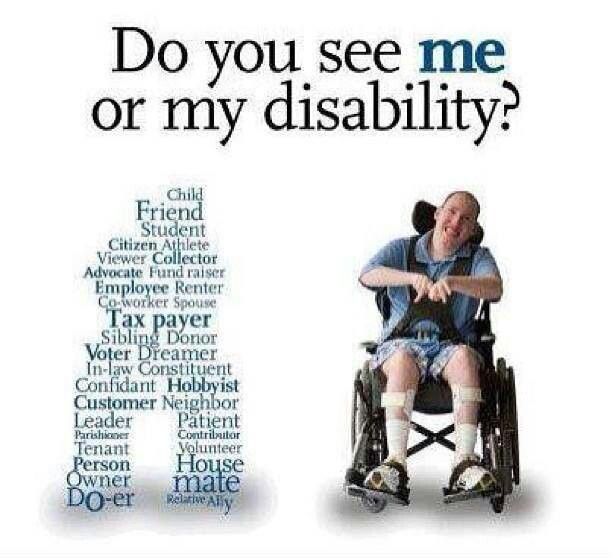 For the past five years, we have been holding the annual Congress of Families Raising Children with Disabilities and Young Disabled People. The Congress has consulting platforms for executive authorities, where everyone can get help in solving their problem. In parallel, discussions and round tables are held, where systemic problems are discussed and ways to solve them are outlined. nine0009
For the past five years, we have been holding the annual Congress of Families Raising Children with Disabilities and Young Disabled People. The Congress has consulting platforms for executive authorities, where everyone can get help in solving their problem. In parallel, discussions and round tables are held, where systemic problems are discussed and ways to solve them are outlined. nine0009
— You often communicate with families with a child with a disability. What advice, from the height of your experience, could you give the family to avoid emotional burnout?
- Advice is the easiest to give, but you need to understand that everyone has their own path and their own views. In my opinion, the most important thing is to love a child, learn to understand him and rejoice at any success, even the most, at first glance, insignificant. A special child is not a reason to stop living a full life. Yes, life will change, and all the good in these changes depends only on ourselves.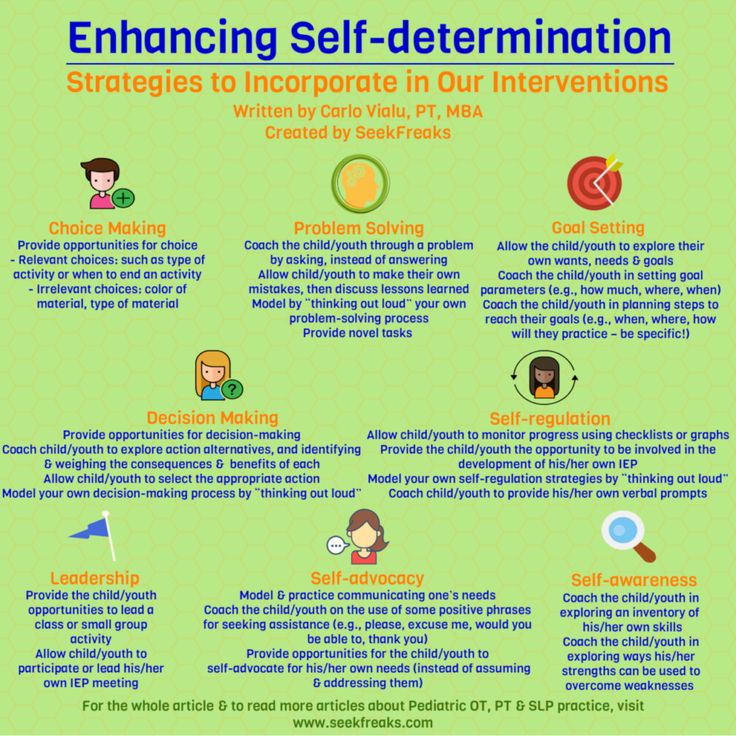 You need to accept and live a full and happy life. nine0009
You need to accept and live a full and happy life. nine0009
— There are rehabilitation and educational centers in Moscow. Should parents strive to send their child there, or should they make every effort so that he studies in a regular school? What is the best thing to do from a physical and psychological point of view?
- You only need to strive to ensure that the child is comfortable receiving knowledge to the extent that he is capable of. And where he will receive them is the choice of the parent. All children are different, some feel great in inclusion, and some are more successful in a rehabilitation center. It is important that such centers exist in Moscow. I would like this unique experience to be replicated in the regions. nine0009
— In your opinion, how important is interaction with government agencies?
- Very important, without this, not a single project will succeed, not a single idea will eventually become a document. The ability to conduct a dialogue, hear, listen and look for solutions together is the main thing.
The ability to conduct a dialogue, hear, listen and look for solutions together is the main thing.
— What issues did MGARDI solve last year?
— I would like to tell something global: we have many issues that may not be important on the scale of the city, but on the scale of one family, on the contrary, they are extremely important. Ramps, education, drug supply, legal issues: we deal with all this year-round. However, the most ambitious issue is the decision of the Ministry of Labor to cancel the requirement to submit electric wheelchairs and devices for medical and technical examination after the expiration of their use, as well as to confirm compliance in the case of self-acquisition. Accordingly, all those who were previously refused due to the impossibility of submitting the above technical means of rehabilitation for medical and technical examination due to their loss, disposal or non-compliance of the purchased product can apply again with an application for issuance or reimbursement of compensation.

